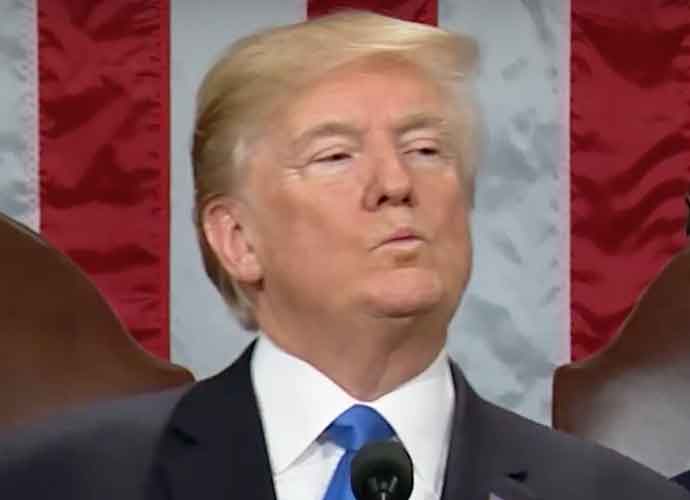

Donald Trump
The Trump Administration is considering unilaterally enacting a new $100 billion tax cut for the wealthy without the approval of Congress.
The cut involves adjusting investment income, known as capital gains, for inflation. Critics argue it would disproportionately benefit the rich, who are the largest holders of investments.
Currently, if an investor buys his stock for $100,000 and then sells it years later for $120,000 then the difference ($20,000) is considered capital gains and is taxed. Under the proposed plan, the principal amount, $100,000, would be adjusted for inflation. As a result, the investor would pay less in taxes because the principal amount is now considered larger which makes the remaining taxable amount smaller.
50 CELEBRITIES WHO DIED IN 2018 – TRIBUTE SLIDESHOW
Subscribe to our free weekly newsletter!
A week of political news in your in-box.
We find the news you need to know, so you don't have to.
Conservatives have argued in favor of the cut, claiming it would increase income for investors who could then reinvest these realized gains in new ventures to help other companies grow.
Critics however have adopted a less than hopeful outlook on what they consider a doomed attempt at trickle down economics. As of 2013, the top 20 percent of Americans owned 92 percent of all stocks. It is this tiny percentage of America, they argue, that stands as the biggest beneficiary of the tax cut in relation to the rest of the country. A 2010 report by the Congressional Research Service reported that, “About 90 percent of capital gains accruals [already] go to households in the richest income quintile and 70 percent go to the richest 5 percent of households.” Further reports speculate that these disproportionate returns are set to grow with the potential cut.
SLIDESHOW: DONALD TRUMP’S 30 CRAZIEST TWEETS
Many also note that cutting capital gains taxes would most likely tear open a larger hole in the tax system by creating more opportunities for smart investors to create tax shelters.
Beyond the logistics of the cut, administration officials are more concerned about the legality of the action as it already stands on shaky precedent. In 1992, the George H.W. Bush Administration also considered making the same cut. They eventually decided to abandon the attempt after the Justice Department deemed it outside the scope of the Treasury’s legal authority.
Tulsi Gabbard, the Director of National Intelligence (DNI), posted a video to X, a social…
A Republican congresswoman is facing bipartisan backlash after calling a Sikh's deliverance of a morning…
Health and Human Services Secretary Robert F. Kennedy Jr. announced that he was removing all…
Tesla CEO Elon Musk has apologized for his public falling out with President Donald Trump.…
Sen. Chris Murphy (D-Connecticut) has launched a new political action committee (PAC), the American Mobilization…
Brit Hume, the Fox News chief political analyst, contradicted President Donald Trump's statement to the…